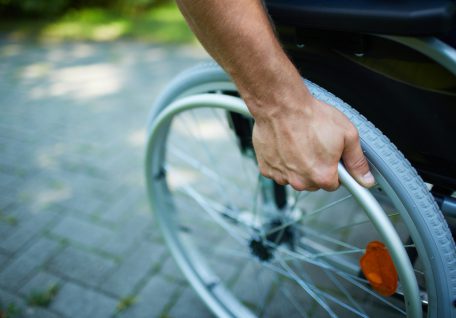With Australia’s marathon season in full swing, many people around the country are preparing their bodies for one of the most grueling athletic events. The marathon has always had a prominent place in the hearts and minds of athletes. It represents the ultimate athletic effort, where the human body, mind and soul are tested to their absolute limits. From the beginner to advanced runner level, many set their sights on one day conquering the almighty 42.2km distance.
So whether you’re about to take part in one, or thinking about it in the future, have a read of our five tips for preparing for a marathon:
Preparation is Key
While it might seem obvious, it is essential that you allow yourself enough time to train both physically and mentally for the event. The ideal time frame for marathon training will depend on current fitness levels and background as a runner, with most training plans ranging from 12-20 weeks. This allows enough time for a progressive build, adequate long runs, sufficient recovery time and a taper period before the event.
A good way to ensure you will be well prepared is to enter the event early and then work back from the event date to lock in a starting time for your training. By making the commitment of entering into the event, it will certainly work in your favour when you are having doubts during those inevitable tough training sessions. If you don’t know how to build a training plan, you can take our Running for Personal Trainers workshop.
Distance, Speed and Tempo
At the core of every marathon training plan are the elements of distance, speed and tempo. Incorporating these types of sessions will help to best prepare your body for what’s to come on race day.
Distance – these sessions are all about getting the long kilometres in the legs and building a strong base. They should be completed at an easy pace, with the emphasis on distance rather than speed. This will allow your body to get used to running for a longer period of time and teaches you to burn fat for fuel. It will also get you used to eating properly as the distances increase. Keeping your body fueled is so important to avoid hitting a wall early on.
Speed – high speed work increases your aerobic capacity and helps your body become physically stronger. Mentally, it gives you the confidence to run harder and helps you deal with discomfort. These types of sessions include intervals at a high pace followed by a period of slower pace to recover, repeated.
Tempo – these sessions are based on running at a specific pace, which is right at or just below your threshold. This kind of workout simulates the kind of effort required on race day, and is a great physical and mental trainer of pace. You can work out your threshold pace by using an online calculator. If you have a previous race time, use that, otherwise you can run 10km or 5km as fast as you can, and use those numbers.
Rest & Recover
Rest and recovery during marathon training is vital for both health and performance and to make sure you feel as fresh and fit as possible come race day. It is important to listen to your body and take rest days when required to allow your muscles and mind to recover.
Race Rehearsal
It can be a good idea to do a rehearsal of race day and do at least one run at the same time of the day as the event itself to practice all aspects of your race day routine. This doesn’t just mean the actual running component, but things like how much sleep do you need, what time will you get up on the day, what will you eat for breakfast and when, what your pre-race routine might look like etc.
The less you leave to chance, the better!
Set Goals
Whether you’re a seasoned professional, or are running your first ever marathon, it’s important to set yourself a goal for what you want to achieve on the day. This could be as simple as crossing the finish line, or it might be to complete the race in a certain time. Whatever it may be, make sure it is specific, challenging but realistic, and most importantly – motivating.
If you would like to learn more about the fundamentals of running technique, programming and race preparation, have a look at our Running for Personal Trainers short course that is available as part of our Professional Development Package.





